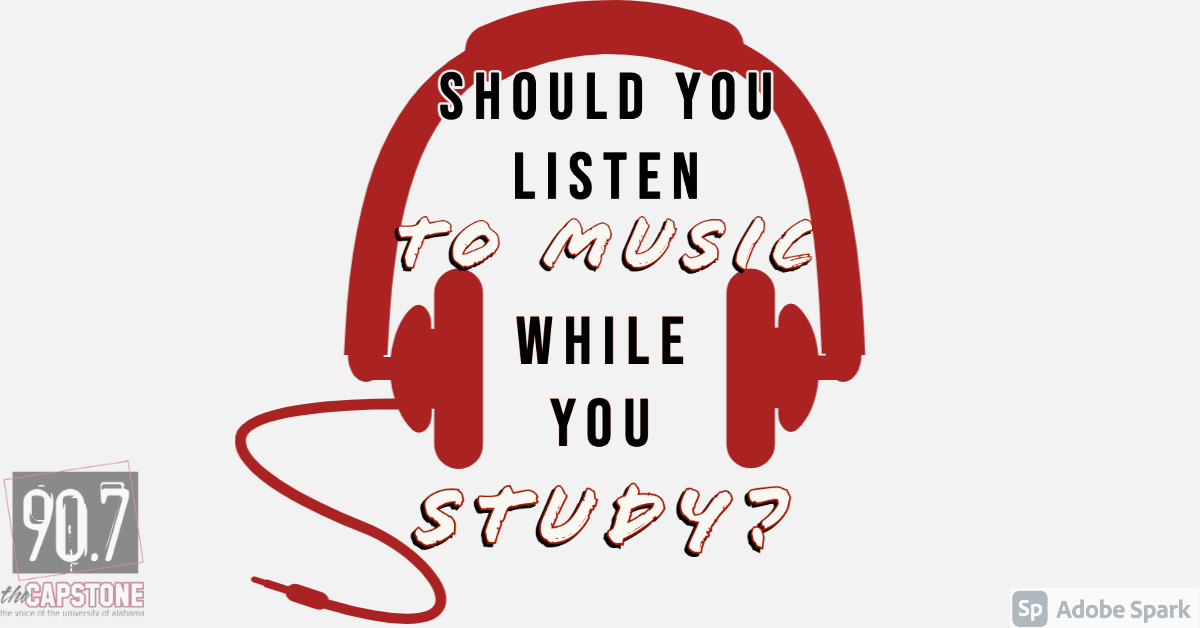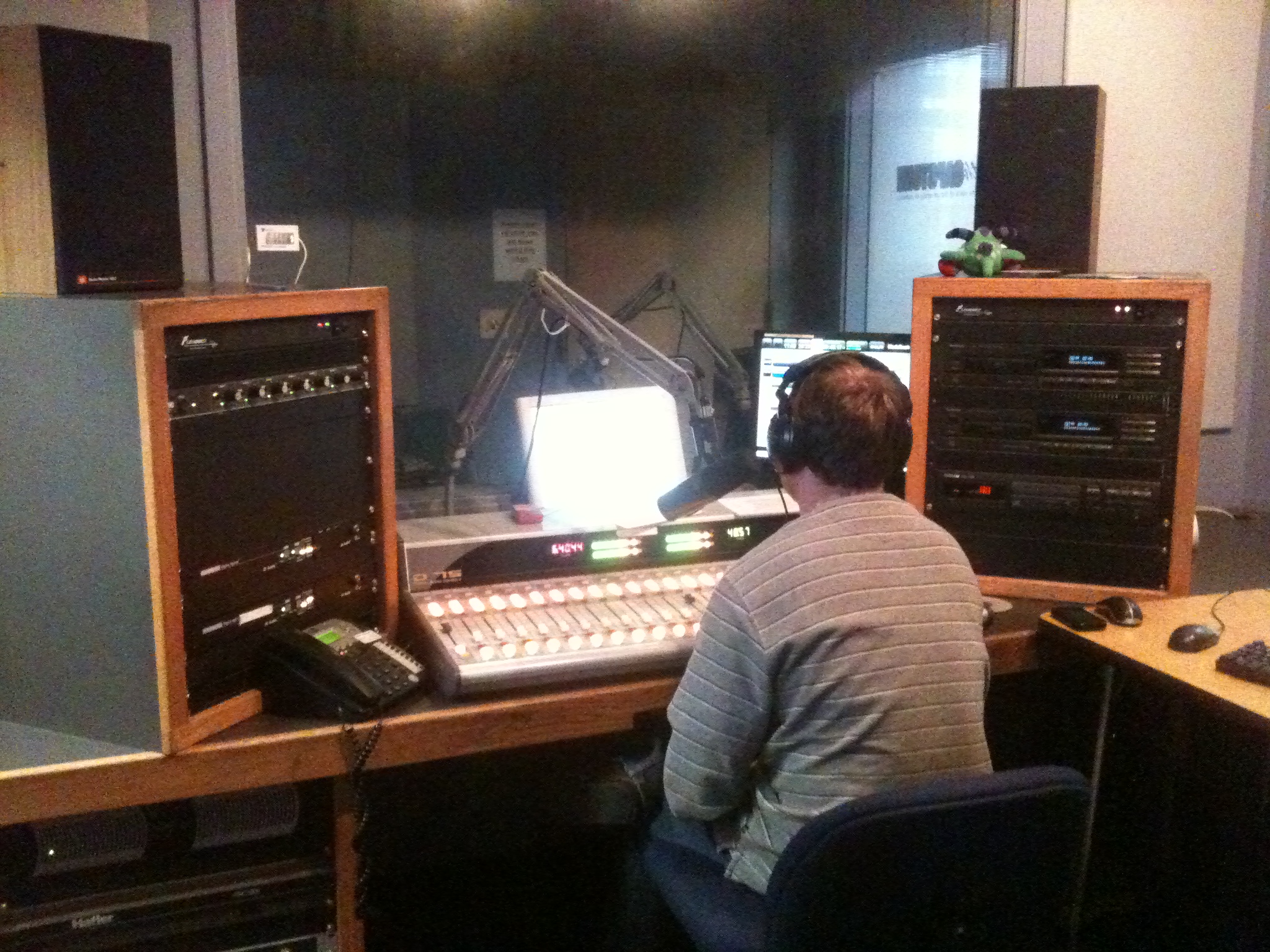So, you’ve got the big test coming up and you’re all prepared to study. Mentally in the zone, no distractions, laptop open in front of you. Then you wonder, would some music help as well? Although an awesome question, the answer is poorly understood even in 2021.
On the most basic and anecdotal level, most of us can relate to times when music made us feel more proficient. Similarly, we can relate to other times when the sound was more of an obnoxious distraction and chose to turn it off. The variability we personally observe is supported by research into question, with studies often finding multiple factors can sway the impact one way or the other. Personal mood at the time, kind of study task and even the type of music all play discrete roles.
This last element, the kind of music, does have specific attributes you can shoot for the maximize chances of being productive. The rule of thumb is if you’re singing along, then it’s too distracting, but if you’re nodding your head to the beat without realizing it, you’re in the sweet spot. To this end, music without vocals is a sweeping way to solve for the distraction problem. In fact, classical music is so frequently used in studies researching this question, the phenomenon of increased performance with music is dubbed “The Mozart Effect”.
However, I call malarkey on reserving the positive cognitive effects to classical music without vocals. Older music without vocals just happens to be the lowest common denominator that can easily be studied. Let’s take the spirit of truth we learned and apply it however we see fit to ourselves.
What is ultimately most important is finding what kind of music personally gets you in the zone. The vocals are a good place to start, are you just going to sing along, or will you be able to concentrate on your study material? In the same vein, how upbeat is it? Perhaps if the tune is too bumpy, then you too will be bumping.
Critical to this is being mindfully aware of the impact your music is having as you listen. We tend to be sensitive to stuff like this, we know in at least the back of our mind when we are getting distracted from our goal. Take advantage of this and discover what genres you can control, and which ones are too distracting for multitasking.
A final wrinkle to consider is no two study sessions are the same. Sometimes a tune may work and other times it may not. Recognizing this will help avoid frustration and wasted time.
So, to answer that question up top, would some music help? … I don’t know you tell me!
Adam Kern






